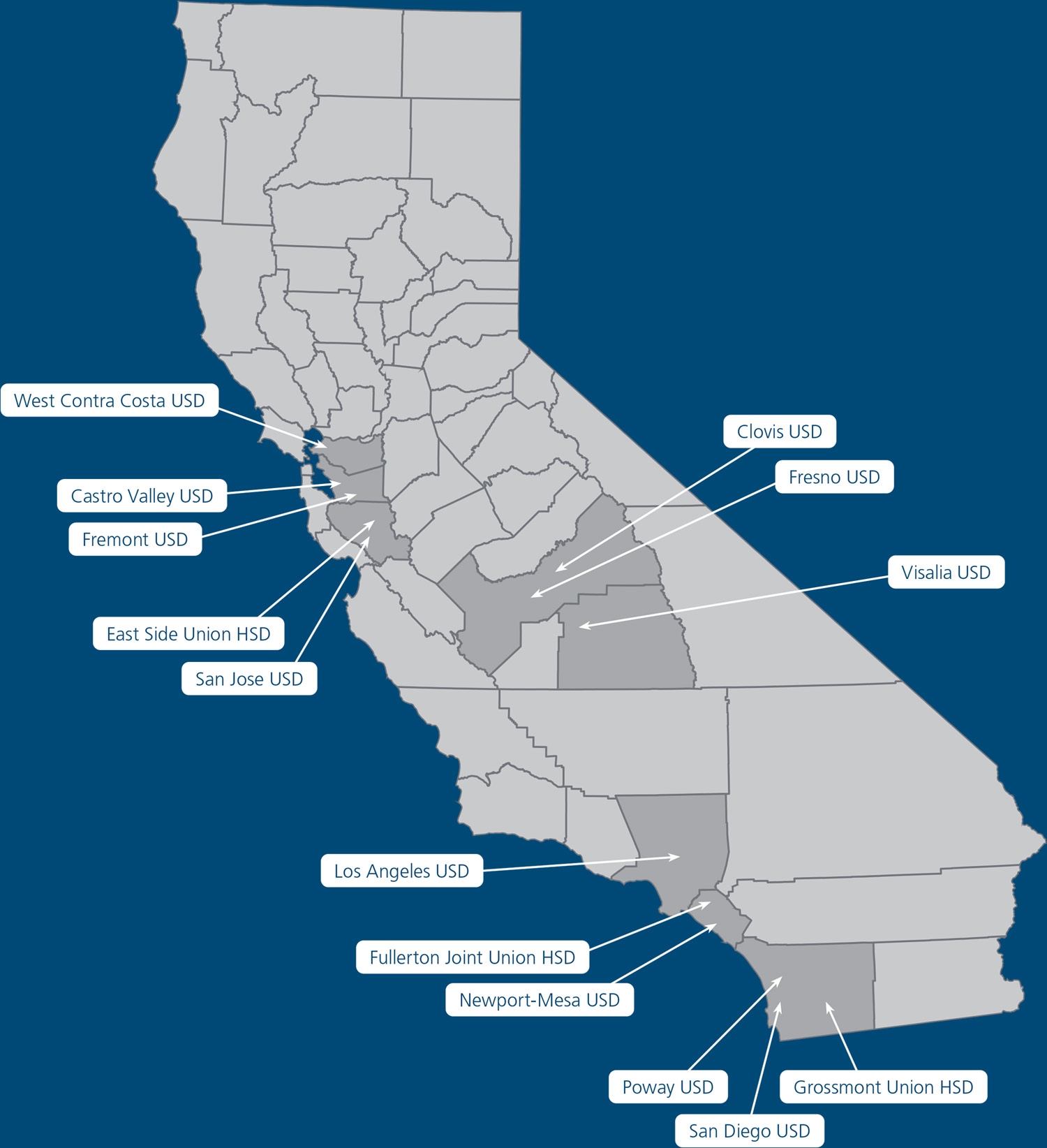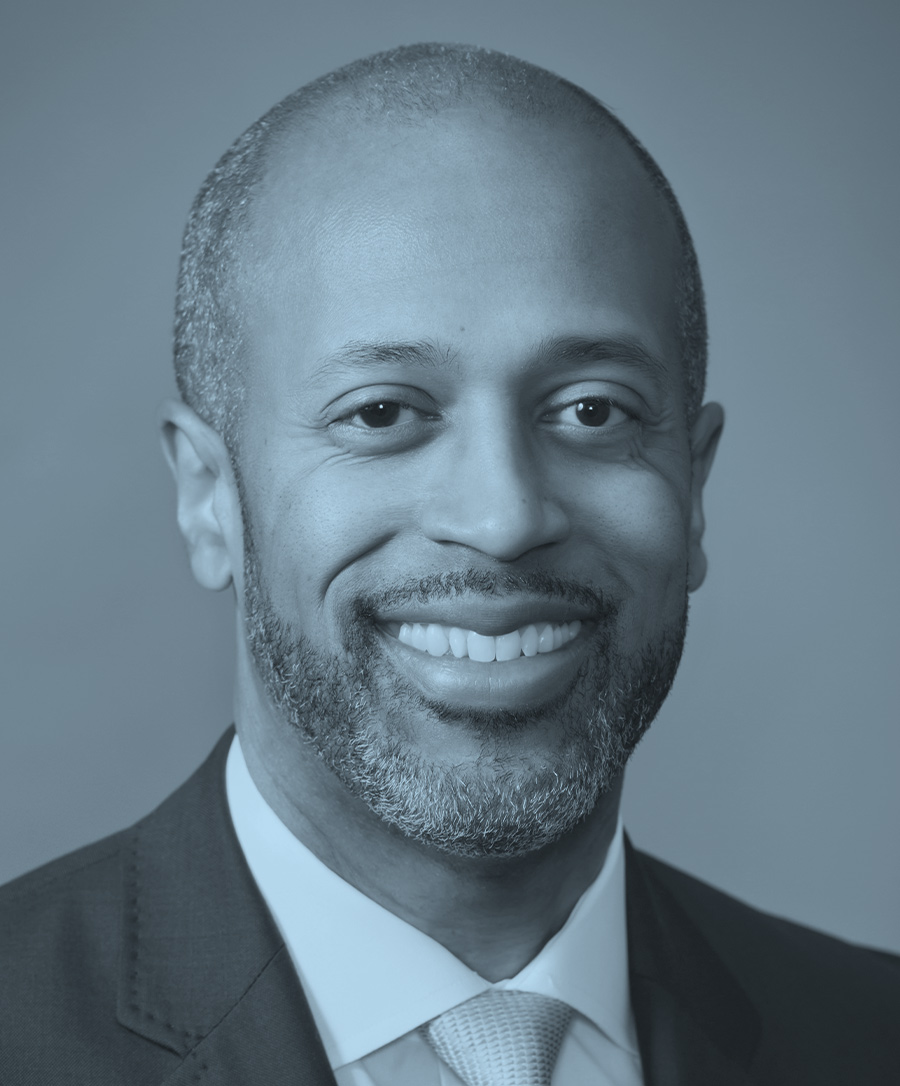For 30 years, the ELA has successfully supported member districts and COEs in navigating the litigious landscape on which California public agencies operate. Though the ELA’s activities primarily involve filing an amicus brief in support of a member district or COE’s position or interest, the ELA has filed lawsuits when necessary to avail the interest of districts and COEs statewide. Over the years, the ELA has been involved in cases affecting governance principles such as local control, as well as legal challenges to state interpretation of the constitutional provisions for public school funding and the funding of statutory mandates. In 2019 alone, the ELA settled a trio of cases; CSBA v. Cohen I, CSBA v. Cohen II, and CSBA v. Bosler, which, altogether, resulted in repayment of $686 million to California public schools for underpayment in previous years.
This year’s report highlights a few of the cases in which the ELA has been or is currently involved. Among the cases in which the ELA filed an amicus brief are Brennon B. v West Contra Costa Unified School District, protecting local educational agencies (LEAs) from the application of the Unruh Civil Rights Act, which could have resulted in awards of treble damages and attorney’s fees against LEAs, and CP V Walnut v. Fremont Unified School District, defending LEAs’ legal authority to assess a higher level of developer fees under the appropriate conditions specified in law. CSBA and the ELA have also appealed the Superior Court ruling in the Educational Revenue Augmentation Fund (ERAF) lawsuit filed last year against the California State Controller, to capture nearly $1 billion in lost Proposition 98 funding due to improper calculation of property taxes owed to school districts in five California counties.
In the coming months, the ELA will continue working on legal matters of statewide importance, and more importantly, we are exploring new ways to provide more support to member districts and COEs. The ELA stands in a unique position to do this, and I hope you will continue to support this important legal and advocacy arm of our public schools.
If you have any questions about the ELA or its benefits, please contact ELA staff at (800) 266-3382 or legalservices@csba.org.

CEO & Executive Director,
California School Boards Association
Contents
![]() School funding — Educational Revenue Augmentation Fund
School funding — Educational Revenue Augmentation Fund
![]() Disability-based discrimination — Claim under Unruh Act
Disability-based discrimination — Claim under Unruh Act
![]() Discrimination/protected employment classes under PERB
Discrimination/protected employment classes under PERB
![]() Independent study/Distance learning
Independent study/Distance learning
![]() Special education — Standard for FAPE
Special education — Standard for FAPE
![]() Special education — Procedural violations
Special education — Procedural violations
![]() First Amendment/Equal Access Act — Nondiscrimination policies and student clubs
First Amendment/Equal Access Act — Nondiscrimination policies and student clubs
the ELA worked directly in 2022*

Education Legal Alliance?
The ELA is funded exclusively by contributions from its members, who are also members of CSBA.

“Whether initiating civil litigation and administrative actions, filing amicus briefs with state and federal courts, challenging legislation and regulations, or providing analysis on key legal cases for ELA members, CSBA’s Education Legal Alliance continues to deliver for every local education agency in the state of California.”
— Marisa Lincoln,
CCSA President-elect

The ELA is funded exclusively by contributions from its members, who are also members of CSBA.

“Whether initiating civil litigation and administrative actions, filing amicus briefs with state and federal courts, challenging legislation and regulations, or providing analysis on key legal cases for ELA members, CSBA’s Education Legal Alliance continues to deliver for every local education agency in the state of California.”
— Marisa Lincoln,
CCSA President-elect

- The ELA files amicus briefs and letters in court to support its members on legal issues of statewide importance.
- The ELA initiates litigation on various issues of statewide importance and often looks to its members to serve as co-plaintiffs in those cases.
- The ELA weighs in on legislation that impacts its members on issues of statewide importance.

Committee

CSBA President
Natomas USD

CSBA President-elect
Pacific Union ESD

CSBA CEO & Executive Director

CSBA Director, Region 4
Eureka Union SD

CSBA Director, Region 15
Huntington Beach Union HSD

Regional County Delegate, Region 3
Solano COE

County Superintendent
Marin COE

Superintendent
Pacifica SD

County Superintendent
San Diego COE

Consultant

Committee
Staff

Lozano Smith

Parker & Covert LLP

Dannis Woliver Kelley

Fagen Friedman & Fulfrost LLP

Atkinson, Andelson, Loya,
Ruud & Romo

Orange County
Department of Education

Sacramento County
Office of Education

General Counsel &
Chief of Staff

Deputy General Counsel

Associate General Counsel

Associate General Counsel

Paralegal
Committee

Lozano Smith

Parker & Covert LLP

Dannis Woliver Kelley

Fagen Friedman & Fulfrost LLP

Atkinson, Andelson, Loya,
Ruud & Romo

Orange County
Department of Education

Sacramento County
Office of Education
Staff

General Counsel &
Chief of Staff

Deputy General Counsel

Associate General Counsel

Associate General Counsel

Paralegal

EDUCATIONAL REVENUE AUGMENTATION FUND
CSBA v. Betty Yee – California Court of Appeal for the Third District (Case No. C096838)
MEMBER(S) INVOLVED: All California school districts and county offices of education
IMPORTANCE OF STATEWIDE ISSUE:

San Diego Unified School District, et al. v. State of California – California Court of Appeal, Third District (Case No. C090477)
MEMBER(S) INVOLVED: San Diego Unified School District; San Jose USD; Clovis USD; Grossmont Union High School District; Newport-Mesa USD; Poway USD; Castro Valley USD; East Side Union HSD; and Fullerton Joint Union HSD
IMPORTANCE OF STATEWIDE ISSUE:

MEMBERS INVOLVED: All California school districts and county offices of education
IMPORTANCE OF STATEWIDE ISSUE:

Claim Under Unruh Act
IMPORTANCE OF STATEWIDE ISSUE:

Visalia USD v. Public Employment Relations Board – California Court of Appeal, Fifth District (Case No. F084032)
IMPORTANCE OF STATEWIDE ISSUE:

Rodriquez et. al. v. Superior Court of the State of California, In and For the County of Monterey – California Court of Appeal, Sixth District (Case No. H049836)
IMPORTANCE OF STATEWIDE ISSUE:

E.E. et. al. v. State of California – United States District Court, Northern District (Case No. 21-cv-07585-SI)
Plaintiffs, a group of students with disabilities, filed a lawsuit in the U.S. District Court, Northern District of California, against the State of California, the State Board of Education and the California Department of Education, alleging that Assembly Bill 130 makes distance learning inaccessible to students with disabilities. The district court issued a temporary restraining order enjoining defendants from altering the status quo in effect prior to the enactment of AB 130, requiring a return to the 2020–21 distance learning format for the named students. The ELA filed an amicus brief discussing the numerous issues associated with enjoining AB 130 at this time.

MEMBER(S) INVOLVED: Los Angeles Unified School District
This matter involves the application of the standard for determining whether a local educational agency’s (LEA) offer of services to a special education student is reasonably designed to offer the student a fair appropriate public education (FAPE) to meet their individual needs in the least restrictive environment (LRE). This standard has been developed through U.S. Supreme Court precedent. In this case, regarding the placement of a 3-year-old deaf and hard of hearing student, both the Administrative Law Judge (ALJ) at the Office of Administrative Hearings (OAH) and the federal district court applied an incorrect standard, in which they compared the Los Angeles USD’s program to a program at a private nonpublic school and determined that the nonpublic school’s program was “better” than the district’s program. If this standard were to be utilized moving forward, it would place a heavy burden on LEAs to provide the best possible program for special education students, rather than a program reasonably designed to offer a FAPE.

D.O. v. Escondido Union School District – Federal Court of Appeals, Ninth Circuit (Case No. 19–56043)
MEMBER(S) INVOLVED: Escondido Union School District
IMPORTANCE OF STATEWIDE ISSUE:

IMPORTANCE OF STATEWIDE ISSUE:

Kennedy v. Bremerton School District – Federal Court of Appeals, Ninth Circuit (Case No. 20-35222)
IMPORTANCE OF STATEWIDE ISSUE:

Davis v. Fresno Unified School District (Davis II) – California Supreme Court (Case No. S266344)
IMPORTANCE OF STATEWIDE ISSUE:



